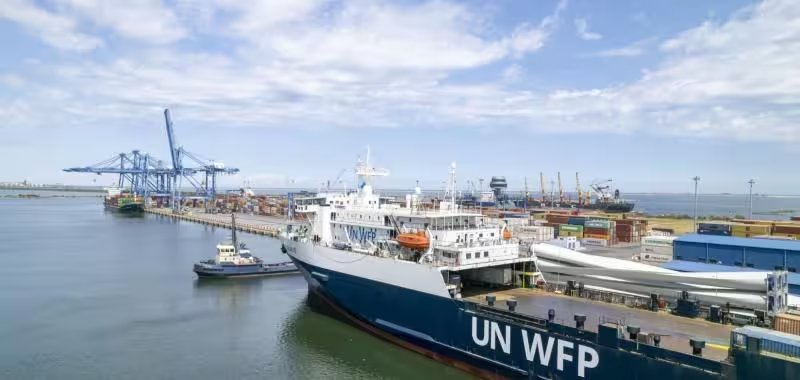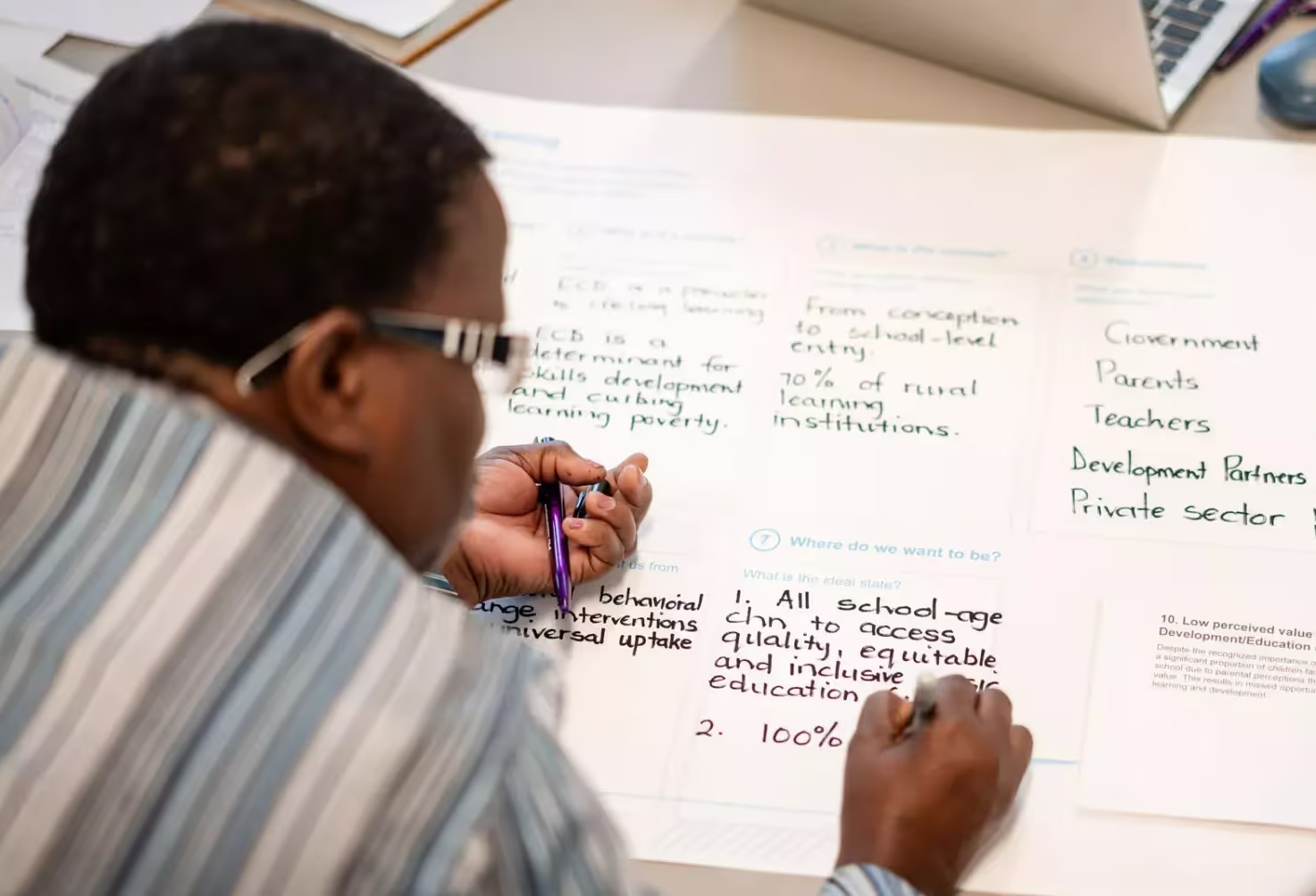Credit Bureau Of The Future

This project is a collaboration between the Sierra Leone government, UNDP, UNCDF and KIVA and aims to help about seven million citizens in the country (making a total of 80% of the citizens of Sierra Leone) who do not have any credit history or formal identity, gain access to financial services. To date, there is only one credit bureau in Sierra Leone that covers 2,000 people - which is less than 1 percent of the population. Kiva will use the system to record the identities of citizens, and keep these identities on the distributed ledger while using the information to generate credit history for customers. Customers will own and control the data. The fact that they do not bank makes it worse since they cannot have future credit histories. The histories for digital identification will be generated from formal and informal financial institutions. The system works via a mobile application or through a local agent. It operates by sending a signed verifiable claim about a loan to a borrower when a lender makes a loan on the platform. The borrower will accept the claim and post it to their private credit ledger in their digital Kiva wallet. The lender will also send a verifiable claim about a repayment that the borrower approves and then posts to their ledger. This way, all credit events can be captured in a single ledger and the digital wallet will be controlled by the individual.


.avif)

